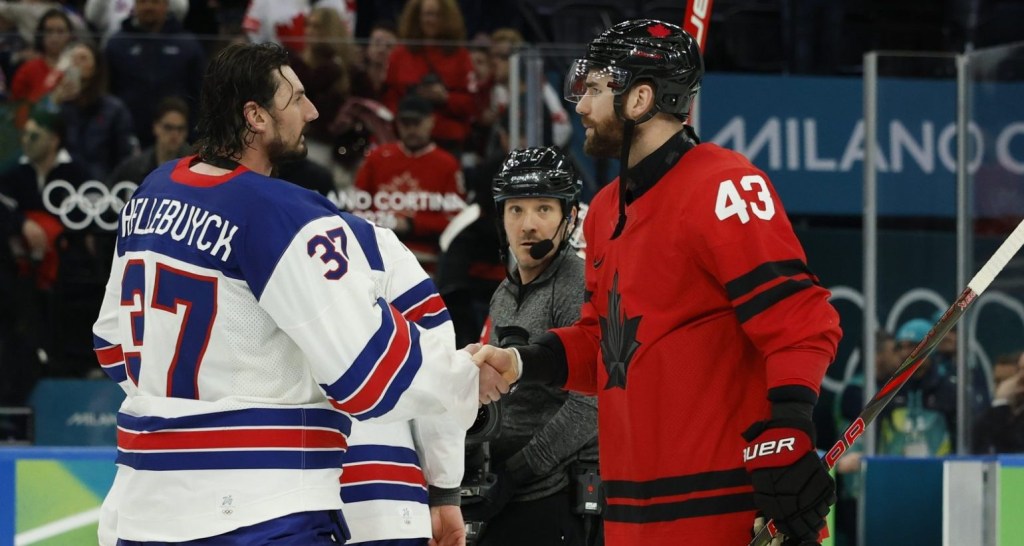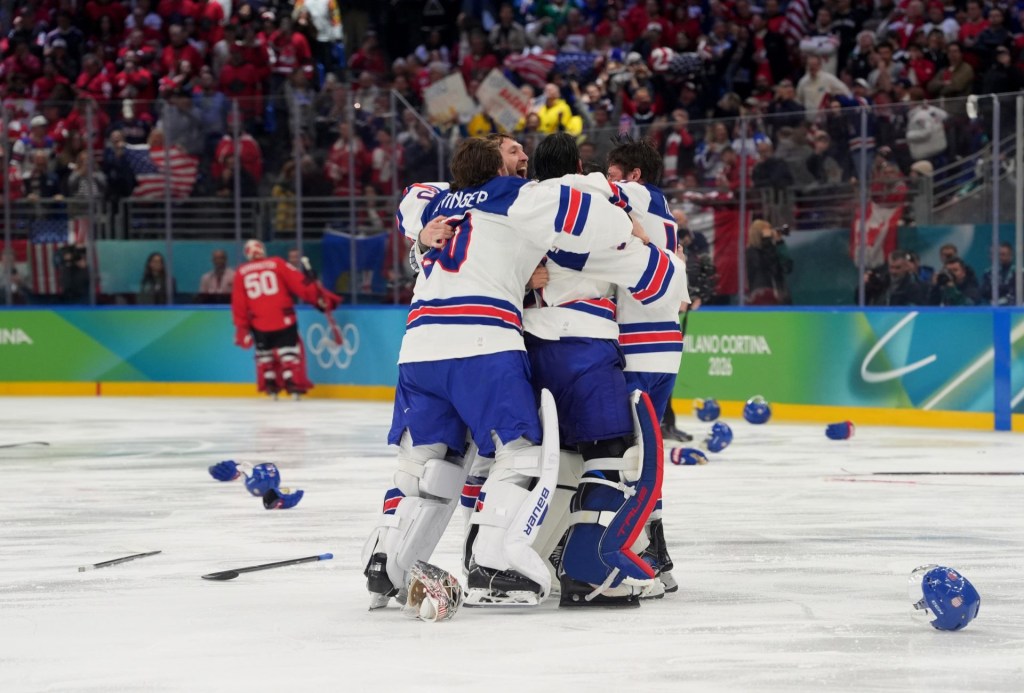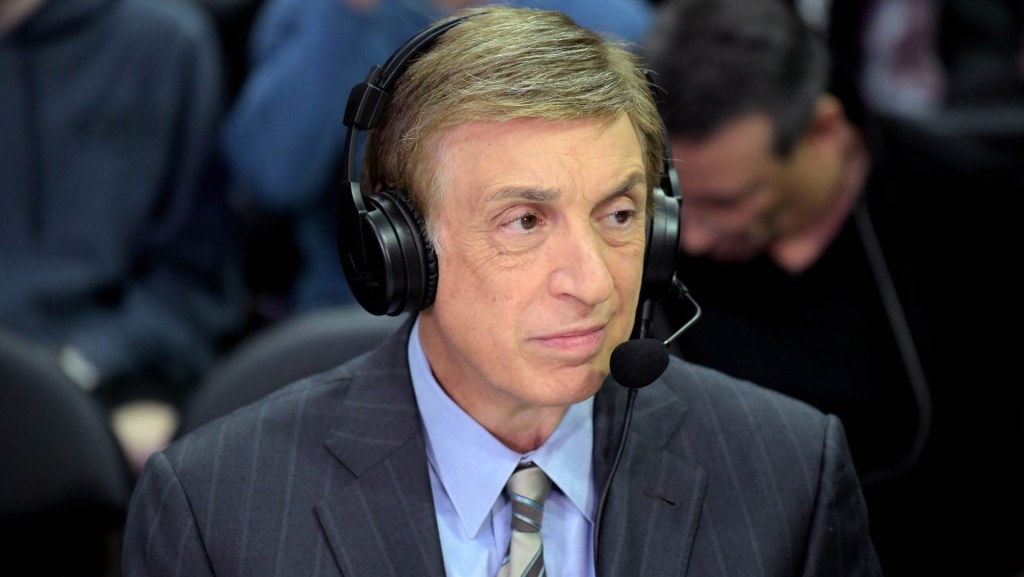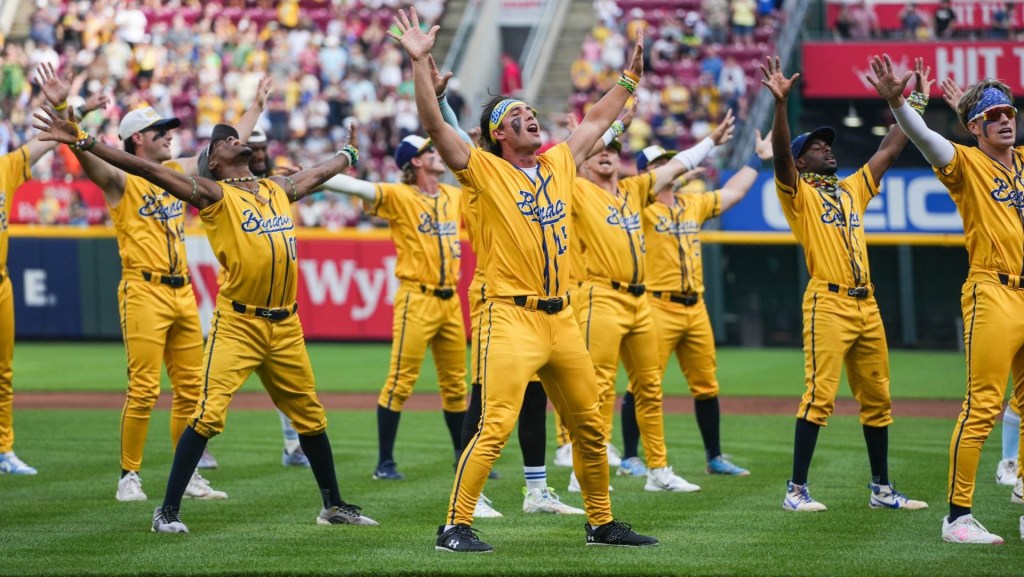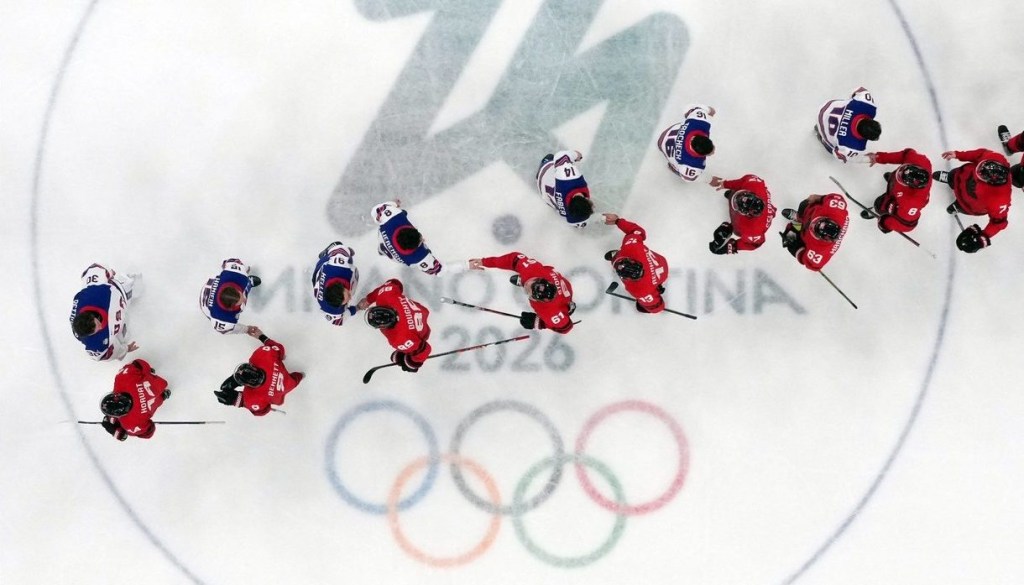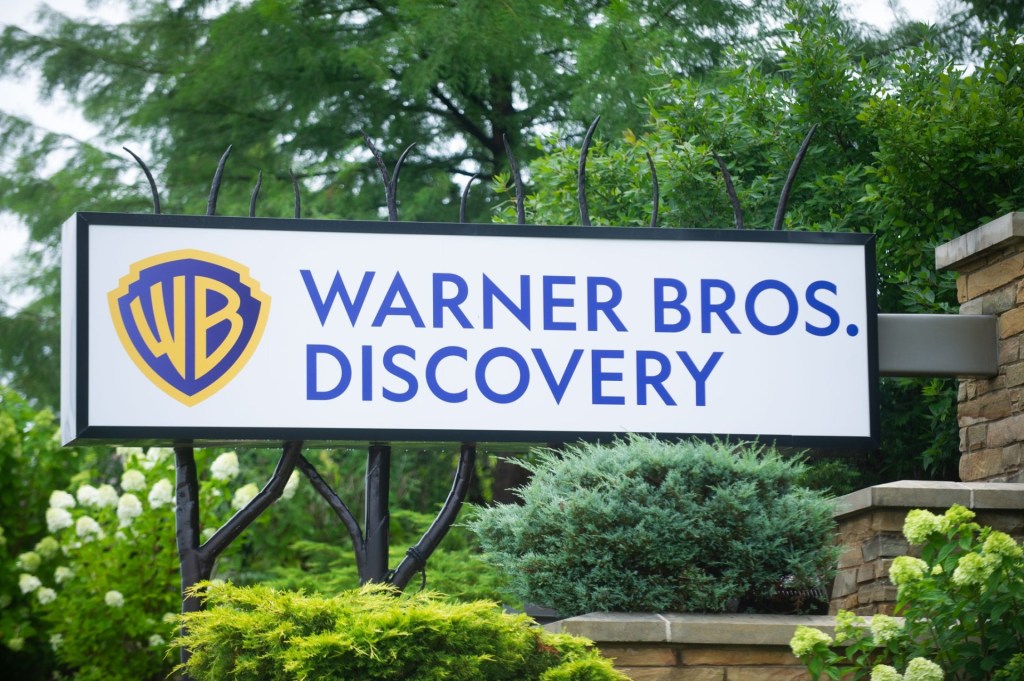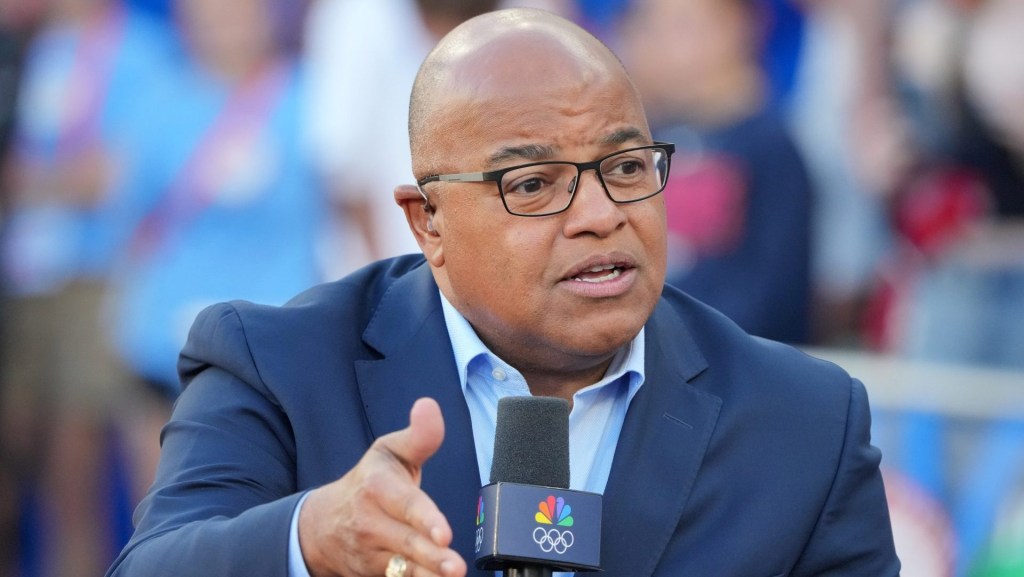Warner Bros. Discovery and the NBA continue to trade baskets before the two parties get into court.
In a recent court filing, the league’s request to seal its agreement with WBD was denied by Supreme Court of the State of New York Judge Joel Cohen on Monday. The NBA can still file a new motion to redact or seal certain parts of the contract. The contract is considered a key piece of evidence to the NBA’s claim that WBD couldn’t match the 11-year, $19.8 billion deal the league recently struck with Amazon.
Though WBD matched Amazon’s financial terms, the NBA has argued Amazon’s offer included a number of benefits that WBD was structurally incapable of matching.
The NBA filed a motion to seal the contract in August, with permission from WBD. The document is a “Digital Rights Agreement” that WBD has with Bleacher Report to stream TNT games over Max through the life of its current media deal, which began in 2014 and runs through the end of the 2024–2025 season. The NBA’s reasoning was that the contract contained proprietary and sensitive business information.
Cohen was unmoved. He wrote the NBA has 21 days to ask for specific portions of the contract to be redacted. He has yet to rule on a league request to dismiss the case in the early pleading stages.
“Generalized assertions of confidentiality do not establish a compelling justification for the complete sealing that is proposed,” Cohen wrote. “While portions of the Digital Rights Agreement may include protectable confidential business information, Defendants have not made any attempt to isolate the specific portions of those documents that genuinely require redaction under the rigorous standards described above. Indeed, certain relevant portions of the Digital Rights Agreement are included in Defendants’ publicly filed memorandum of law, thus indicating that there are portions of the agreement that do not require sealing.”
Cohen has his own colorful history with the NBA from his time as an attorney. In the 1970s, two brothers had owned an ABA team that was left out of the NBA merger, and they received a slice of NBA TV revenue as compensation. The deal paid the brothers so much money that by 2014, when Cohen represented them, the league wrote them a buyout check for $500 million.
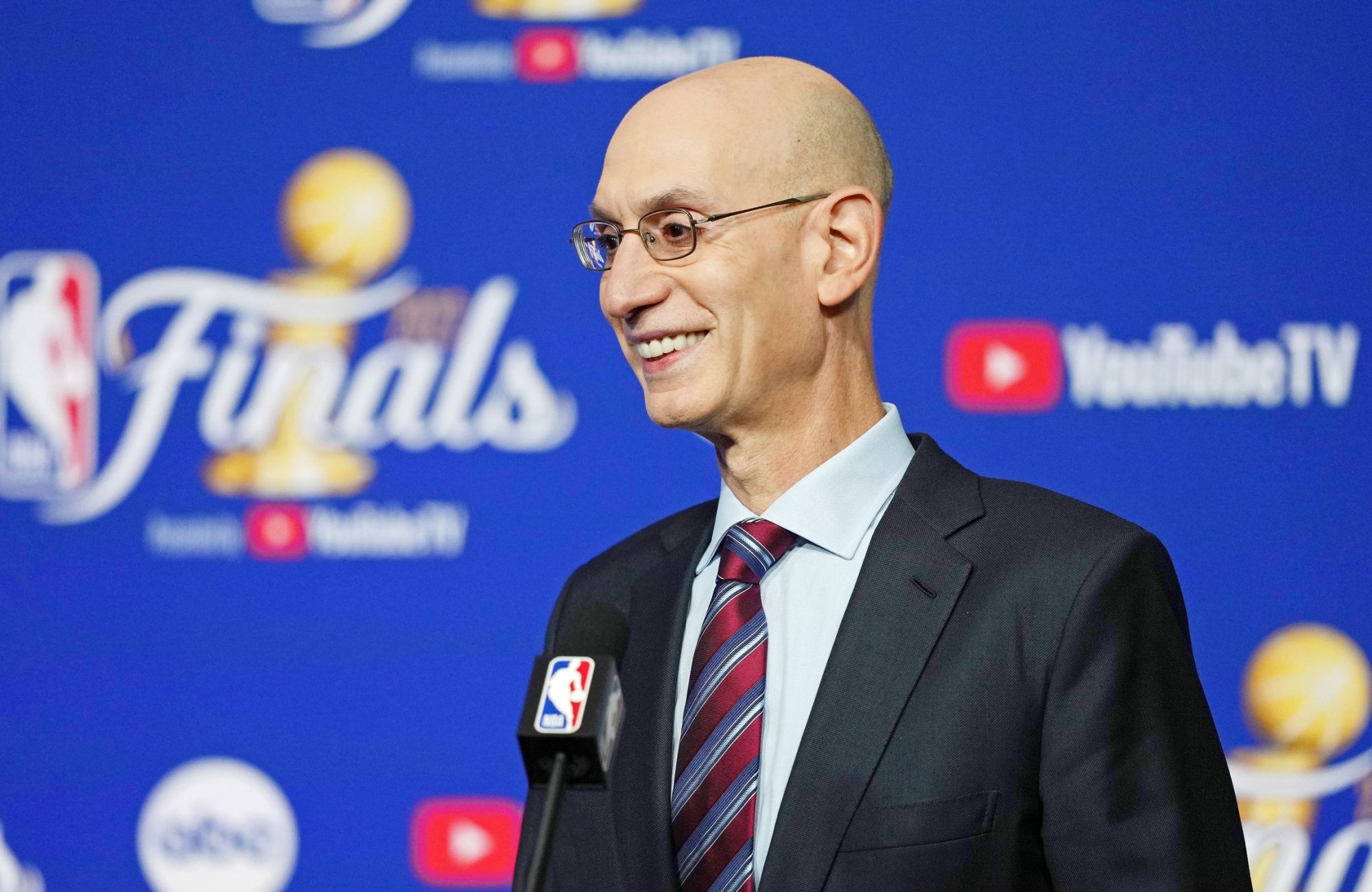
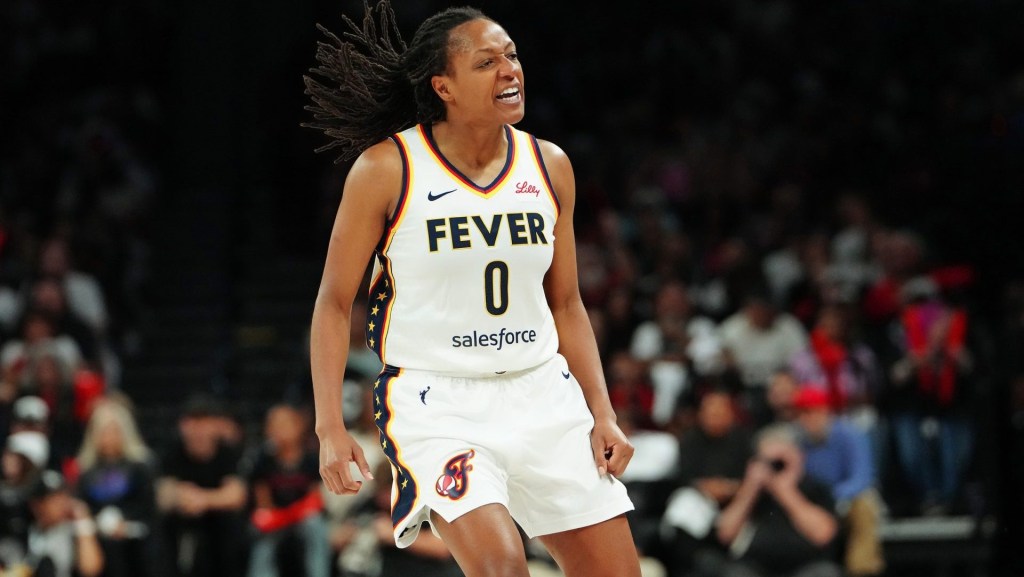
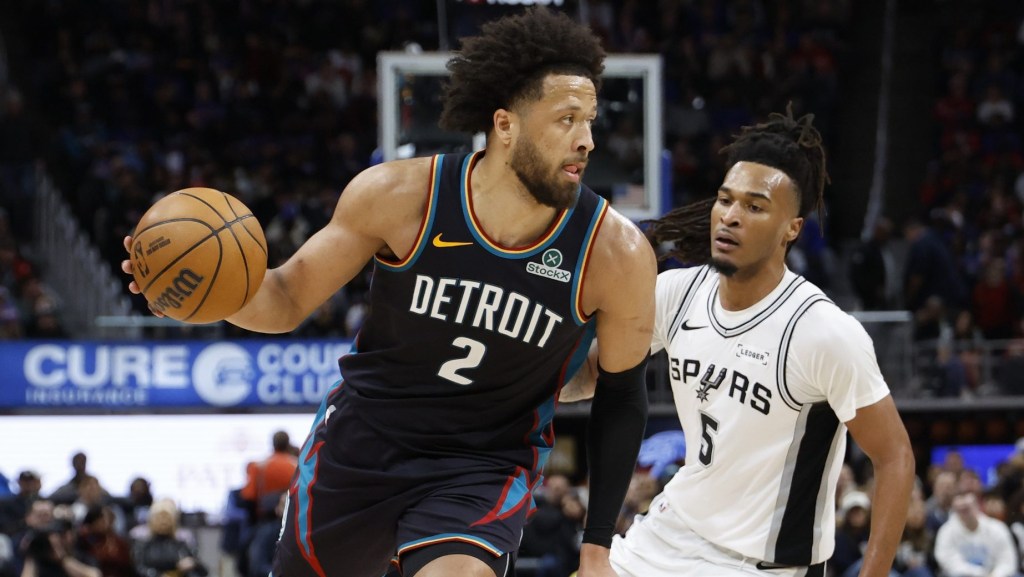
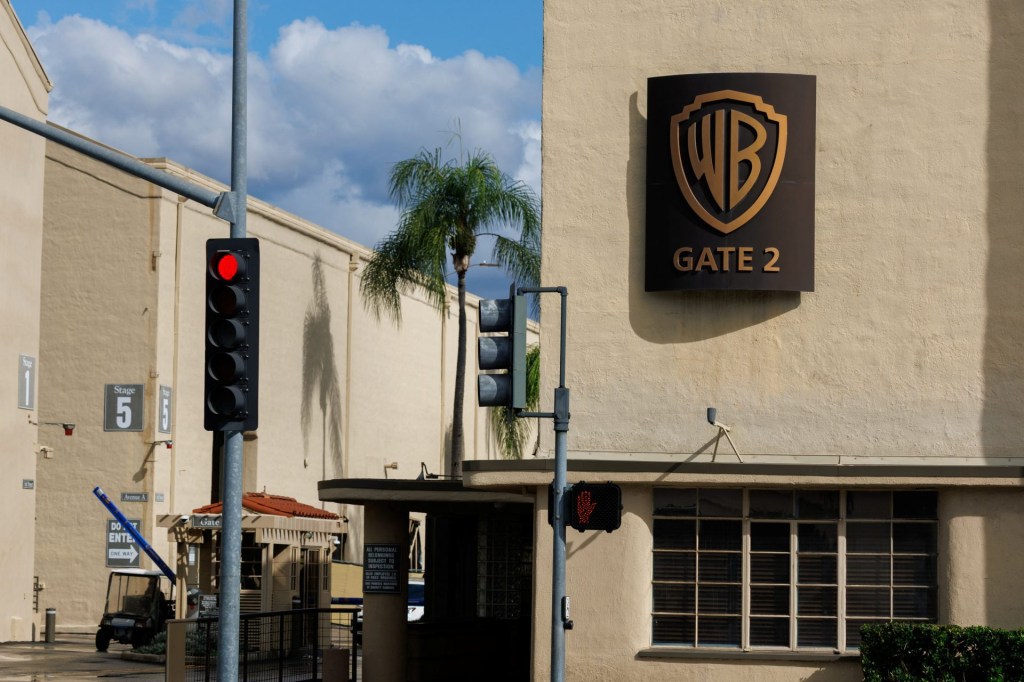
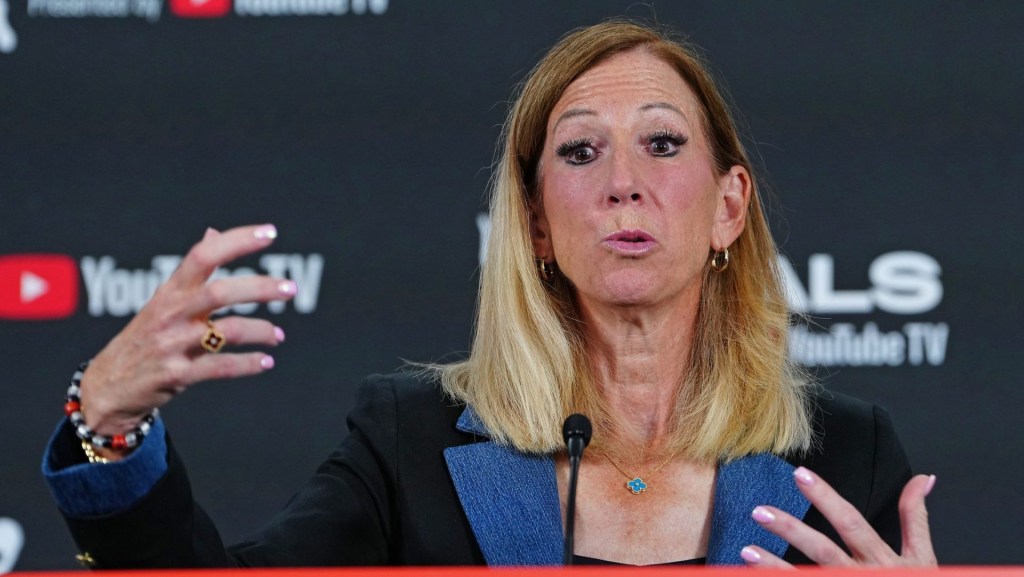
![[Subscription Customers Only] Jul 13, 2025; East Rutherford, New Jersey, USA; Chelsea FC midfielder Cole Palmer (10) celebrates winning the final of the 2025 FIFA Club World Cup at MetLife Stadium](https://frontofficesports.com/wp-content/uploads/2026/02/USATSI_26636703-scaled-e1770932227605.jpg?quality=100&w=1024)



